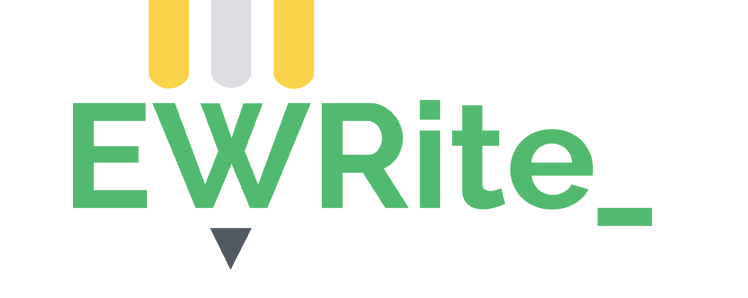7. Hedging
While you want to convince the reader that your arguments are valid, be careful not to use overly strong language. Expressing opinions or making claims in overly strong language leaves you open to attack by critical readers. Such statements will often be doubted by readers thereby reducing your power and authority as a writer. To avoid such a situation, when stating ideas, you should use tentative rather than assertive language. This is known as hedging.
For example, in the previous rebuttal paragraph, the writer could have sounded very assertive by saying:
They
never verify the information they read and do not bother to spend time
synthesising ideas in order to come to their own conclusion.
Instead, tentative language is used:
They tend to forgo verifying the information they read and are unlikely to spend time synthesising ideas in order to come to their own conclusion.
Below is a list of common hedging techniques.
1. Use hedging verbs
The following ‘hedging’ verbs are often used in academic writing:
suggest indicate estimate imply
E.g. The results indicate that social networking sites can enhance the cohesion of communities.
The verb appear is used to ‘distance’ the writer from the findings (and therefore avoid making a strong claim and be subject to criticism from readers).
E.g. On the evidence of the research findings, it would appear not all students can benefit equally from online learning.
Note that the writer also ‘protects’ himself / herself by using the phrase on the evidence of. The following expressions are used in a similar way: according to, on the basis of, based on.
2. Use modal verbs
Another way of appearing ‘confidently uncertain’ is to use modal verbs such as may, might and could.
E.g. In the case of students from low income families, they may feel disadvantaged by not having a stable Internet connection to follow online lessons.
3. Use adverbs
The following adverbs are often used when a writer wishes to express caution.
probably possibly perhaps arguably
apparently seemingly presumably conceivably
E.g. As well as being divisive, the existence of fraudulent information is arguably a threat to the very principles of an egalitarian society.
4. Use adjectives
Another technique is to use an adjective.
probable possible arguable unlikely likely
E.g. A possible solution to address students’ Internet addiction is that universities can extend their intervention programmes to the management of student stress levels.
E.g. With timely intervention, it is likely that students will be able to handle their stress more effectively.
5. Use nouns
The following nouns are often used to hedge:
probability possibility evidence likelihood indication
E.g. The evidence suggests that undergraduates could benefit from more face-to-face social interaction on campus.
E.g. There is some indication in research literature that online gaming could lead to Internet addiction.


